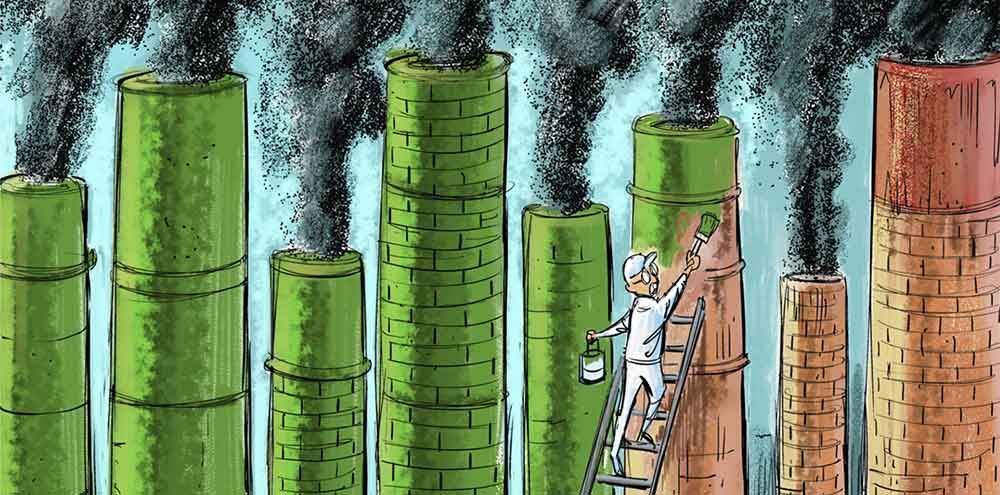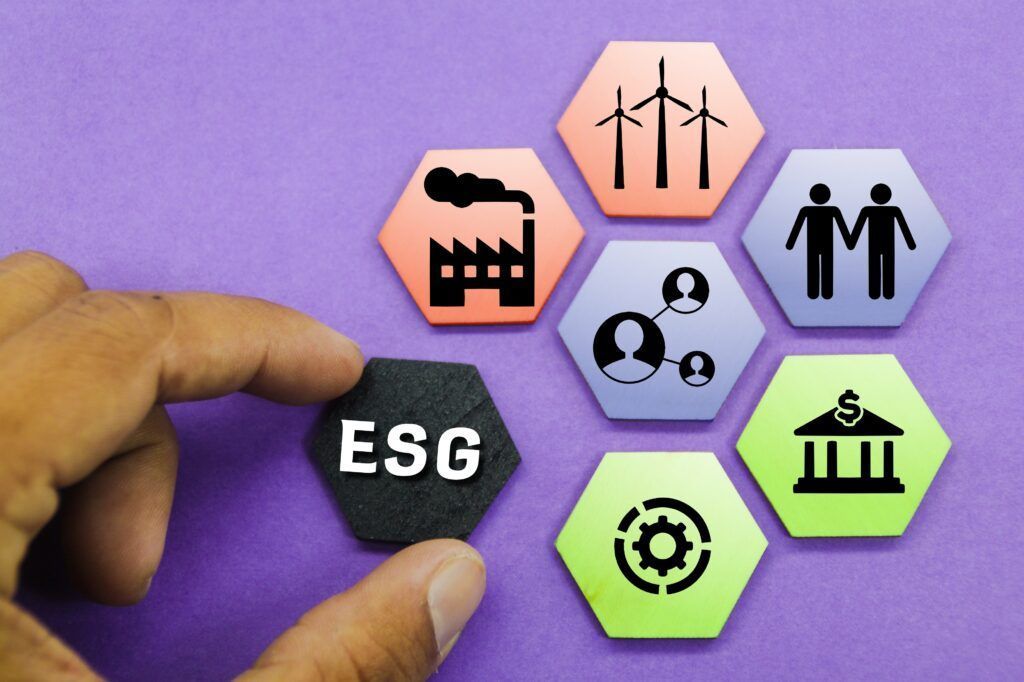Tesco's "Biodegradable" Teabags: A Wake-Up Call for Authenticity
3 min read
Introduction
In a world that is becoming increasingly conscious of environmental issues, the credibility of eco-friendly product claims has never been more critical. Recent developments surrounding Tesco's "biodegradable" teabags have brought to light the importance of transparency, scientific verification, and the battle against greenwashing.
What Happened?
Dr. Alicia Mateos-Cárdenas from University College Cork conducted a revealing experiment. She buried 16 Tesco Finest Green Tea with Jasmine pyramid teabags in garden soil for an entire year. The aim was to investigate how well teabags advertised as biodegradable would break down. However, when unearthed, these teabags remained fully intact, showing no signs of degradation despite the twelve-month time- frame.
The Implications
This experiment prompted Dr. Mateos-Cárdenas and her team to question the authenticity of Tesco's "biodegradable" label. They filed a complaint against the supermarket, stating that a product labeled as biodegradable should reasonably break down in the open environment within a year or sooner. Tesco's teabags, it was argued, failed to meet this expectation due to the type of bioplastic they are made from, known as polylactic acid (PLA).
Dr Alicia Mateos Cárdenas, one of the badass ladies shaping climate action, tests teabags in the laboratory. Photograph: Courtesy of Dr Alicia Mateos Cárdenas
Tesco's Response
Tesco's response was to emphasize that their teabags are not intended for disposal in soil or home composting. Instead, they are designed to be industrially composted through local council food waste bins. Tesco firmly disputed the research findings, stating that their own-brand herbal teabags are certified as industrially compostable and can biodegrade with organic matter through in-vessel composting.
The Need for Accuracy
The crux of the matter is that if a product cannot decompose in gardens or compost bins, it should not be
labeled as "biodegradable." The researchers argued that Tesco should consider changing the label to "plant-
based" or "compostable" to accurately reflect the teabags' characteristics.
A Broader Issue
This incident highlights a more extensive concern regarding retailers making misleading claims about materials biodegrading. It calls for an investigation into the authenticity of such claims in the market. Misleading consumers with "greenwashing" practices not only damages trust but also hampers genuine efforts toward sustainability.
The case of Tesco's "biodegradable" teabags serves as a reminder of the importance of scientific verification, transparency, and accurate labeling in the realm of eco-friendly products. It is a call to action for companies to ensure their products align with their advertised claims, and for regulators to actively investigate and enforce consumer protection laws. It would be wiser to work hand-in-hand with scientists before launching a product and labeling it "biodegradable" to avoid being accused of greenwashing.
The outcome of this dispute, along with the broader issue of greenwashing, will undoubtedly impact how consumers view claims of environmental responsibility. In an era where sustainability is a shared concern, there is no room for false or misleading green claims.
Conclusion
As consumers, stay vigilant, demand authenticity, and encourage businesses to uphold their commitments to a more sustainable future. We will watch closely as these accusations increase with stricter enforcement of consumer protection laws.
How can I make my ESG more Effective?
At NBS factory, your reputation matters. We're committed to sustainable practices backed by science. We understand the value of ESG and know how to help with these challenges by DIAGNOSING your branding, DEVELOPING sustainability strategies, MONITORING your reputation, AVOIDING legal risks, and MEASURING engagement.
The clock is ticking and there's no time for BS 😅 Start your journey to ESG excellence with a single step; we're here to support you. Send us an email now hello@nbs-factory.com or click here 👉 to request a demo
NBS factory specializes in developing ESG strategy and compliance by
- Conducting ESG assessments and audits.
- Developing sustainability strategies and action plans.
- Assisting in transparent ESG reporting.
- Providing training and awareness programs.
- Offering ongoing support to navigate regulatory changes and market expectations.
FAQ's ❓
How prevalent is greenwashing in the UK market, and what are some common examples beyond the Tesco teabag incident?
- Greenwashing is a concern in the UK market, with various instances of misleading environmental claims.
- Beyond the Tesco teabag incident, examples include products labeled as "natural" when they contain synthetic ingredients, or companies boasting about sustainability without concrete evidence to support their claims. Vigilance is key for consumers.
What are the key criteria that should be met for a product to be legitimately labeled as "biodegradable" in the UK?
- In the UK, for a product to be labeled as "biodegradable," it should reasonably break down in the open environment within a specified time-frame, typically a year or sooner.
- However, this definition may vary based on specific regulations and certifications, so it's essential to check for compliance with recognized standards.
Can you explain the difference between industrial composting and home composting in the context of eco-friendly product disposal in the UK?
- Industrial composting is a controlled process conducted in specialized facilities, such as local council food waste bins, where high temperatures and conditions accelerate decomposition.
- Home composting, on the other hand, occurs in backyard compost bins and may have different requirements and timelines.
- Tesco's teabags were intended for industrial composting, which may not align with home composting practices.
What measures can UK consumers take to ensure the authenticity of eco-friendly product claims before making a purchase?
- UK consumers can adopt several measures. Firstly, look for recognized eco-labels and certifications, such as the Soil Association's Organic certification or the FSC (Forest Stewardship Council) label.
- Secondly, research the company's environmental practices and transparency in their reporting.
- Lastly, scrutinize product reviews and seek third-party assessments to gauge authenticity.
Are there any existing UK regulations or certifications that specifically address the labeling of biodegradable products, and how effective are they in preventing greenwashing?
- In the UK, regulations are in place to govern environmental claims in advertising and labeling, enforced by bodies like the Advertising Standards Authority (ASA).
- Additionally, there are certifications like the Soil Association's Compostable certification.
- While these mechanisms help curb greenwashing, vigilance among consumers and continuous monitoring by regulators are necessary to maintain effectiveness.
Source: The Guardian - Tesco Accused of Greenwashing Over "Biodegradable" Teabags
By: The NBS factory Team & Socorro Mendez, SEO Copywriter











